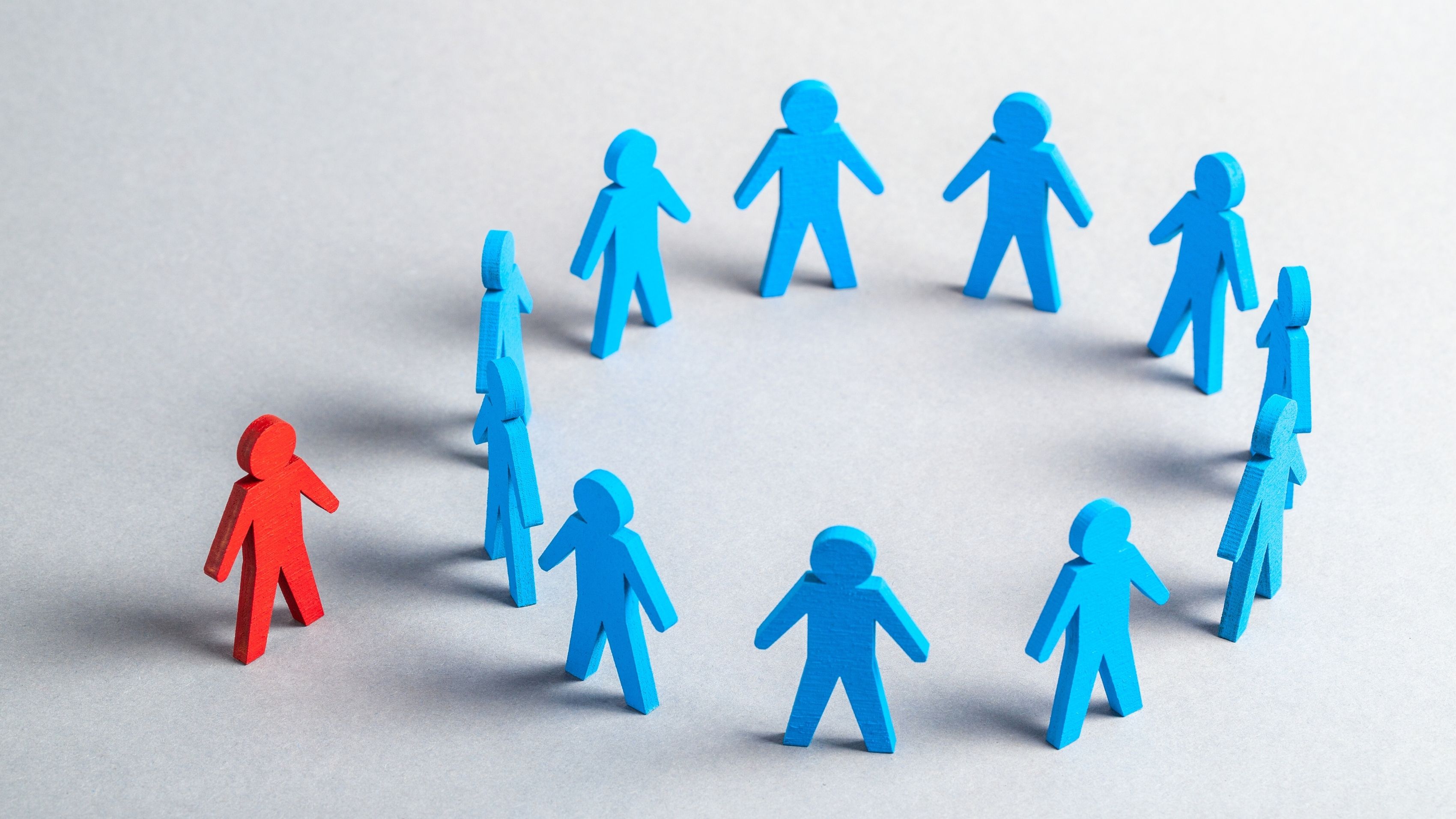Prejudice is a preconceived negative or positive judgment about a person, group, event, or idea without having sufficient information. These judgments are often not based on personal experience but rather influenced by societal norms, the environment, and stereotypical thinking. Prejudices can negatively affect a person’s decision-making process and damage social relationships.
Prejudices We Encounter in Daily Life
Whether we notice it or not, prejudices exist in every part of our lives. Sometimes we make assumptions based on someone’s clothing, profession, or the way they speak. These mental patterns come into play during job interviews, at school, on public transport, and even on social media.
Examples include:
- “Someone from a village school can’t get into a good university.”
- “People with tattoos aren’t serious.”
- “Women can’t drive.”
- “Young people just want easy money without working.”
These kinds of generalizations are superficial judgments made without getting to know the person, and they often do not reflect the truth.
Sources of Prejudice
Prejudice does not develop overnight. It starts forming in early childhood and is influenced by many factors.
- Family and Upbringing
Initial prejudices are often learned from family. Parents’ attitudes, statements, and perspectives leave lasting impressions on children. - Education and Society
The school environment, teachers, and peer groups shape an individual’s mindset. Additionally, the norms and values of the society they live in influence their mental framework. - Media and Social Media
Movies, TV shows, news, and social media content often portray certain groups or individuals with fixed traits, paving the way for the formation of prejudice. - Personal Trauma and Experiences
A negative experience in the past can turn into a generalized negative outlook towards similar situations or people.
Harms of Prejudice
Prejudice not only restricts individual thought but also harms the structure of society as a whole.
- Damages Communication
A prejudiced approach blocks mutual understanding. People judge each other without really listening, making it difficult to build healthy relationships. - Leads to Discrimination
Prejudice based on race, gender, religion, age, profession, and other factors results in exclusion and labeling. - Blocks Recognition of Potential
Prejudice may cause people to ignore others’ true abilities and personalities. This leads to inequality of opportunity in education and the workplace. - Increases Social Polarization
Intolerance towards different lifestyles and opinions creates tension and division in society.
How to Fight Prejudice
Every individual can recognize and question their prejudices to escape this mental trap. Here are some effective steps:
- Know and Question Yourself
Think about which groups you may be prejudiced against. Question the source of those thoughts—do they stem from personal experience or simply what you've heard? - Be Open to Differences
Step outside your bubble. Talk to people from different backgrounds and listen to their experiences. Try to empathize. - Make Informed Decisions
Research before judging. Question the information presented by the media. Focus on real facts, not stereotypes. - Avoid Generalizations
Steer clear of phrases like “They’re all like that” or “None of them are different.” Every individual is unique. - Education and Awareness Programs
Society must incorporate prejudice awareness into the education system. Schools should promote empathy, tolerance, and communication skills.
Being Aware of Prejudice Is the First Step
Prejudices are automatic defense mechanisms of the human mind. Categorizing things we don’t know or understand helps our brain feel safe. But this mechanism often becomes harmful, because classifying people leads not to understanding, but to exclusion.
Continuously questioning ourselves, becoming aware of our thought patterns, and being open to personal growth are essential. Prejudices can be changed once recognized. This is possible through self-improvement, enhanced empathy, and adopting a fairer perspective.
Is a Prejudice-Free Society Possible?
It may not be entirely possible to eliminate all prejudice. However, what matters is being aware of this tendency and being willing to fight against it. A more open-minded, understanding, and fair society requires all of us to confront our biases.
Let’s not forget: every human being is unique. We should not judge others by their appearance, group identity, or past, but by their character and values. A perspective free from prejudice is the strongest step we can take toward more peaceful individuals and societies.



